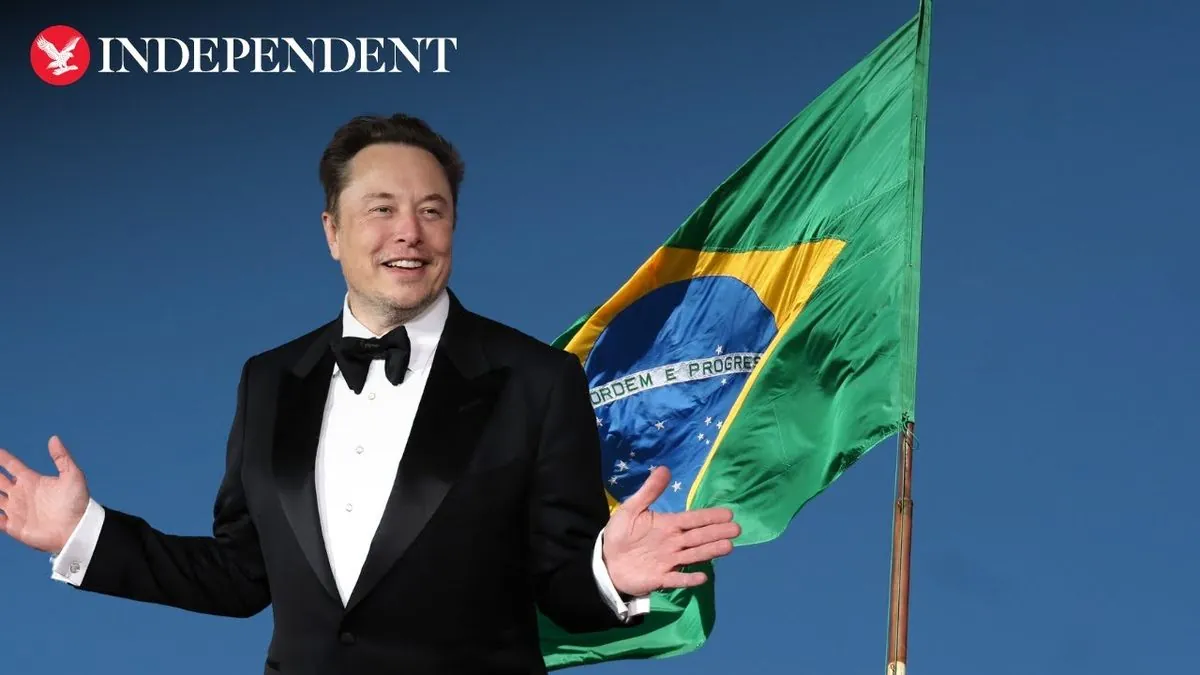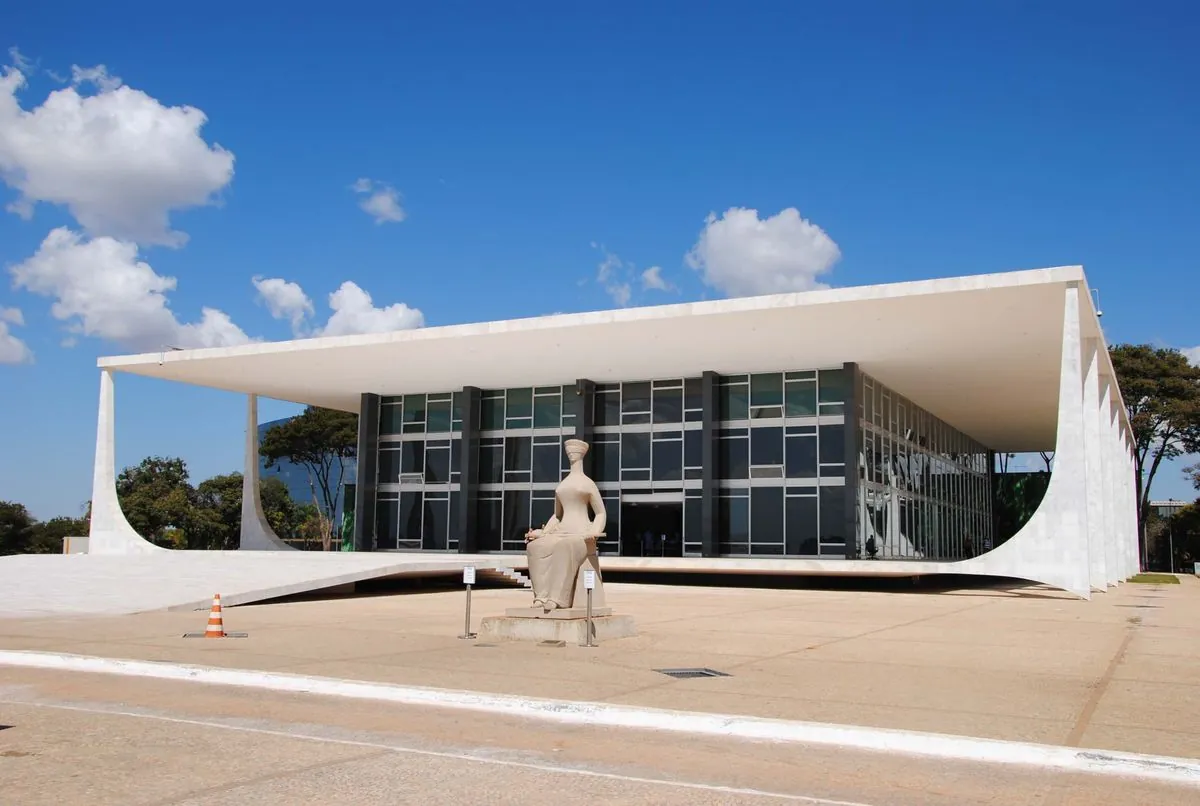X Complies with Brazilian Court, Seeks Service Restoration
Elon Musk's X platform has adhered to Brazilian Supreme Court orders, requesting service reinstatement. The move follows a 13-month ban, highlighting tensions between social media and legal authorities.

In a significant development, Elon Musk's social media platform X has taken steps to comply with Brazilian Supreme Court Justice Alexandre de Moraes' directives, seeking to reestablish its services in the South American nation. This action comes after a prolonged 13-month suspension, which began on August 30, 2023, following disputes over content moderation and free speech issues.
X, formerly known as Twitter, has reportedly fulfilled several key requirements set by Justice de Moraes. These include:
- Blocking specific accounts from the platform
- Designating an official legal representative in Brazil
- Paying fines imposed for previous non-compliance with court orders
The platform's efforts to meet these conditions underscore the complex relationship between global social media companies and national legal systems. Brazil, the world's fourth-largest democracy with a population of approximately 214 million, has been at the forefront of debates surrounding online content regulation and free speech.

It's worth noting that X's newly appointed legal representative is the same individual who held the position before the company closed its Brazilian office. This decision came after Justice de Moraes had previously threatened legal action against the representative if X failed to comply with court orders to block certain accounts.
The ban on X in Brazil stands out as an unusual measure for a democratic nation. Typically, such drastic steps are associated with authoritarian regimes. Countries like Russia, China, Iran, and North Korea have implemented long-term bans on the platform, while others such as Pakistan, Turkey, and Egypt have imposed temporary suspensions, often in response to civil unrest or dissent.
Brazil's actions highlight the ongoing global debate about the balance between free speech and content moderation on social media platforms. The country's Internet Bill of Rights, enacted in 2014, aims to protect online freedoms while also addressing issues of misinformation and harmful content.
As X seeks to restore its services in Brazil, the outcome of this situation may set a precedent for how social media companies interact with national legal systems in democratic countries. The resolution of this conflict could have far-reaching implications for online speech and platform regulation not only in Brazil but potentially in other democracies around the world.
"The platform must comply with Brazilian laws and regulations if it wishes to operate within our jurisdiction."
This case underscores the challenges faced by global tech companies in navigating diverse legal landscapes while maintaining their commitment to free speech principles. As social media continues to play a significant role in shaping public discourse and political processes, finding a balance between platform policies and national regulations remains a critical issue for governments and tech companies alike.


































